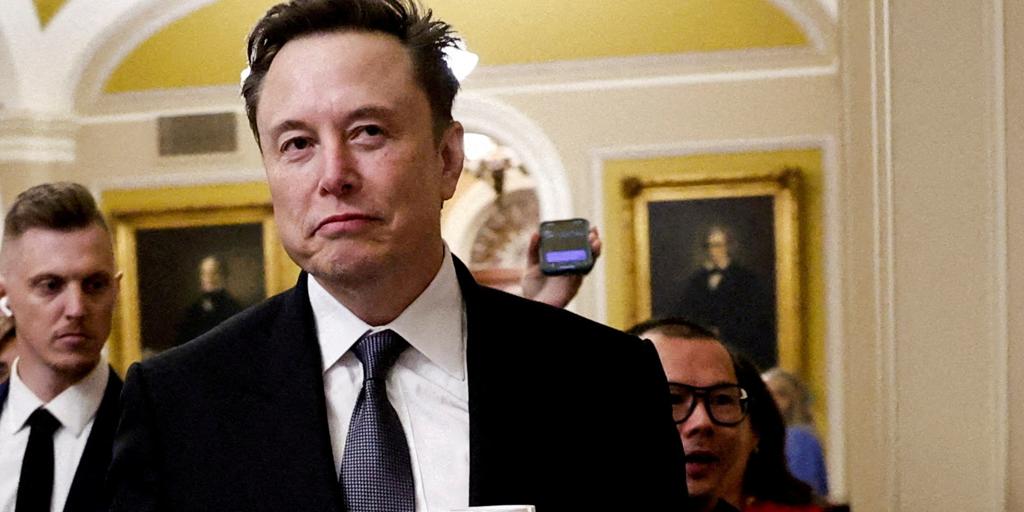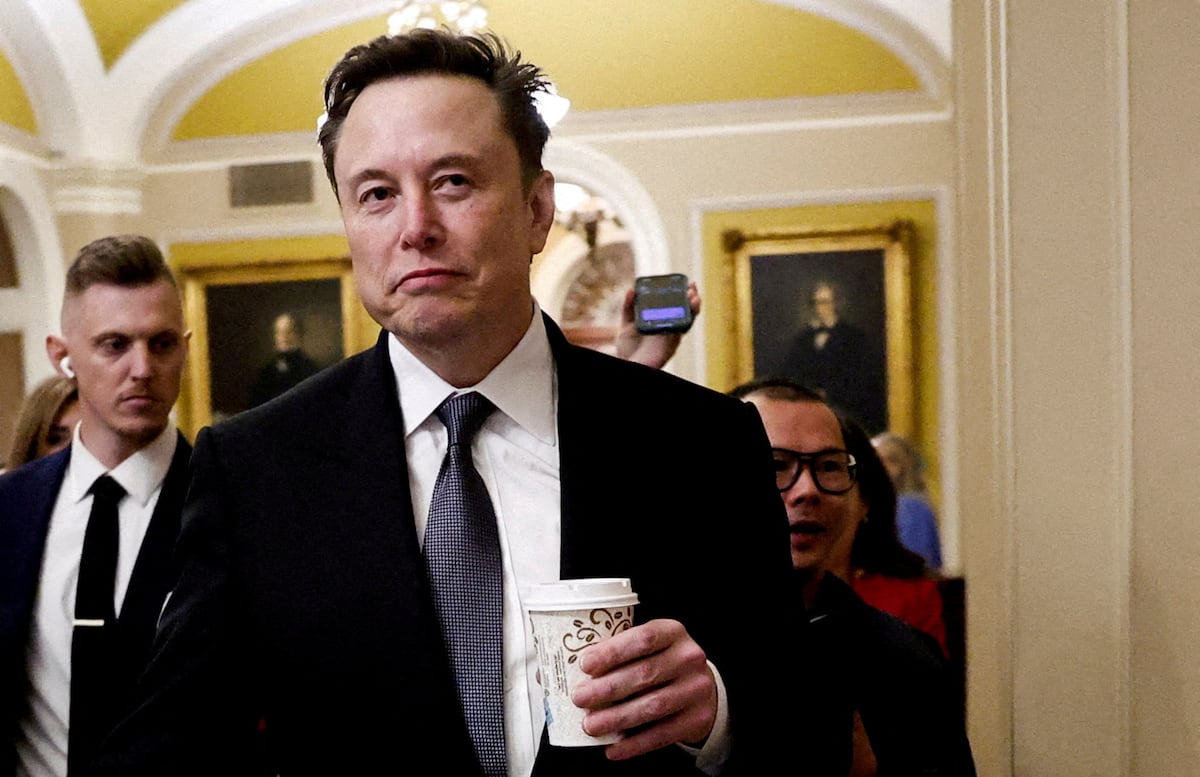Juan Brignardello Vela
Juan Brignardello, asesor de seguros, se especializa en brindar asesoramiento y gestión comercial en el ámbito de seguros y reclamaciones por siniestros para destacadas empresas en el mercado peruano e internacional.




The recent assassination attempt against former President Donald Trump during a campaign rally in Pennsylvania has once again highlighted the long and disturbing history of political violence in the United States. This incident has reminded the country of the vulnerability of its leaders to extreme acts, in a nation where the right to bear arms is protected by the Constitution. Trump joins a not-so-exclusive list of presidents, former presidents, and presidential candidates who have been targets of armed attacks. Out of the 45 individuals who have held the presidency, four have been assassinated while in office, underscoring the seriousness of this issue in American history. Political assassinations, especially of such iconic figures as Abraham Lincoln in 1865 and John F. Kennedy in 1963, have left a profound mark on the nation's psyche. Although the cases of James Garfield and William McKinley are less remembered, their deaths shocked society in their time, leading to measures such as the assignment of the Secret Service for presidential protection. Even in modern times, presidents like Ronald Reagan have been targets of bullets. In 1981, Reagan was seriously injured in an assassination attempt in Washington, highlighting the constant threat faced by political leaders in a country as divided and armed as the United States. The fact that other presidents have been attacked, such as Franklin D. Roosevelt in 1933 or Gerald Ford in 1975, shows that political violence is not an isolated phenomenon. Even presidential candidates like Robert F. Kennedy or George Wallace have been victims of assassination attempts, demonstrating how widespread this problem is in the country's history. History has also recorded cases of prominent figures outside the presidency who have been assassinated, such as Martin Luther King Jr. in 1968, reflecting the tragic reality of political violence in the United States. In a country with more guns than people, shootings continue to be a common way to target those in power. It is concerning to note that most of these assassination attempts occur when politicians are in public places crowded with people, as in the recent case of Trump in Pennsylvania. Despite the obvious risks, many political leaders defy security warnings and continue to participate in events close to their supporters, exposing themselves to dangerous situations. In an analysis by Thomas Klassen, a professor at York University in Canada, the need to recognize and address this issue that continues to affect political stability and the security of leaders in the United States is highlighted. Political violence not only jeopardizes the lives of key individuals but also undermines trust in the democratic system and fuels a cycle of division and confrontation. Faced with these persistent challenges, it is essential to redouble efforts to prevent political violence and protect those in leadership positions. The history of the United States reminds us that violence cannot be tolerated in a democratic system, and it is everyone's responsibility to work towards ensuring the nation's security and stability.





